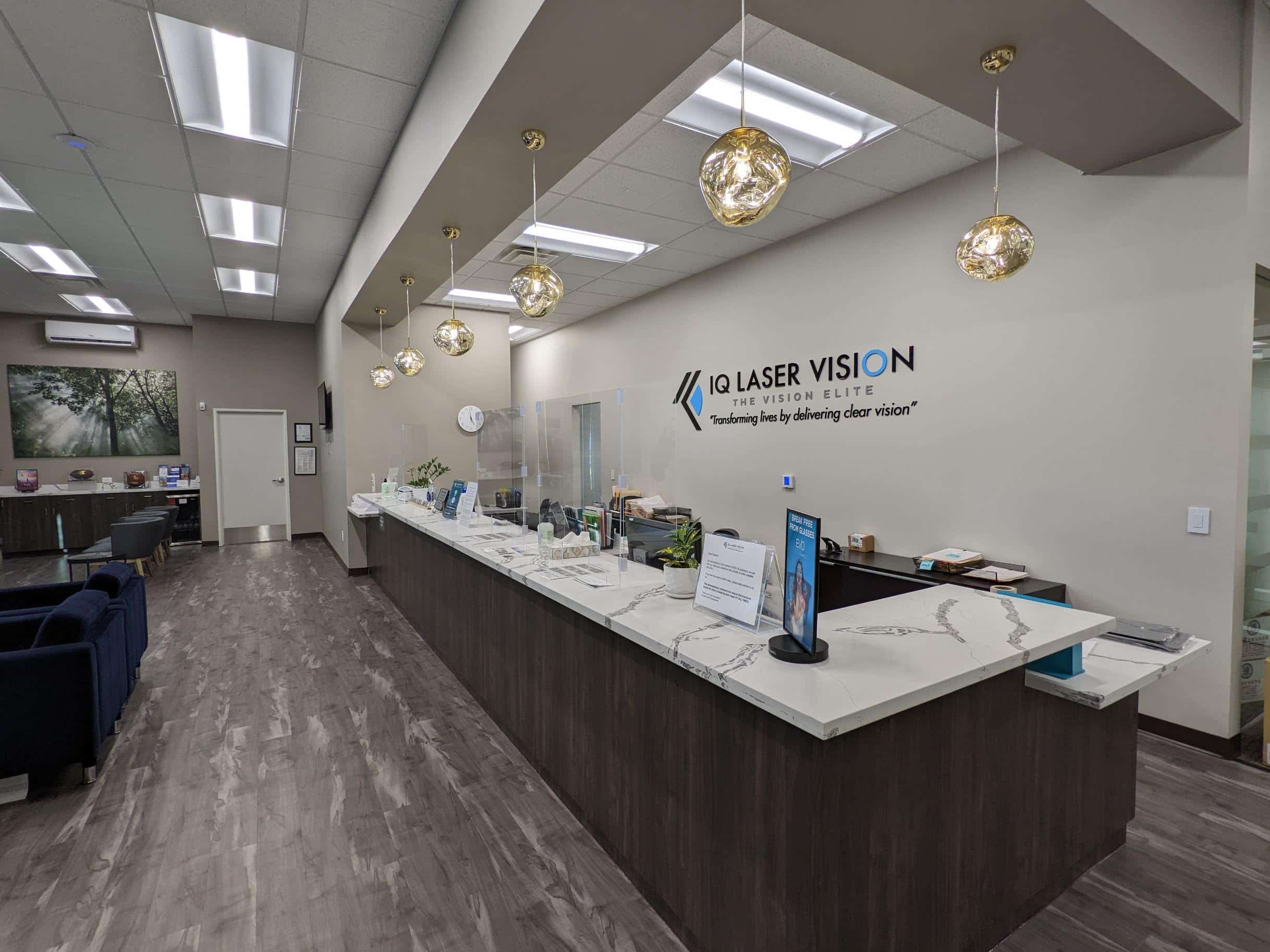Seeking out a LASIK or SMILE laser surgery isn’t something anybody does causally – often, one seeks to reduce the constant maintenance and attention involved with using eyeglasses or contact lenses.
However, it can be difficult to identify when the ideal time is to seek out a SMILE laser surgery.
Should I Get a SMILE Laser Surgery Now?
If it’s a feasible option for you, then there’s a lot of reasons to get a LASIK or SMILE laser surgery soon. No matter what stage of life you’re in. You have the opportunity to make the rest of your life a little bit easier.
As you grow old, parts of your eyes will begin to harden. And they simply won’t work as efficiently as they once did. There’s a limited amount of time before one’s eyes lose the ability to benefit from the improvements that LASIK or SMILE eye surgery.

Glasses and contacts can be a persistent bother in many situations, especially on vacations. It’s just another thing to plan for, and if you don’t pack enough or something unexpected occurs on the vacation. And you need to obtain more while abroad, finding contacts can be a real pain.
Wearing contacts on an airplane is also pretty rough due to your eyes drying out. But any form of transit where you might unexpectedly nod off to sleep with the contact in could prove unpleasant.
If you choose to wear glasses, that can cause it’s own set of headaches. If your glasses are lost are broken how will you get a new prescription pair?
Temporary VS. Permanent Solution
LASIK or SMILE eye surgery lets you put all these worries and more to bed. Contact lens can sometimes induce infections, so removing them from your life is a great health benefit. If you’re tired of having blurry, useless vision when waking up or have been annoyed too many times by broken. Or misplaced eyeglasses, you might also be looking for a viable alternative. Finally, if you’re a scuba diver, swimmer, runner, or athlete of any sort. Just imagine how freeing it will be to not have to worry about glasses or contacts.
Glasses and contacts are ultimately a temporary form of vision correction, one that needs constant, costly replacing. If you’re in your twenties and use disposable contacts. You might wind up spending over $30,000 on related costs over the course of your life. LASIK and SMILE eye surgery is a permanent solution. While the upfront cost is usually higher than a single pair of eyeglasses. By using an HSA and other resources the cost of that surgery can easily be reduced.
Should I Wait To Get SMILE Laser Surgery?
While LASIK and SMILE is considered safe for most people that are18 and older. Vision is still subject to change as the body goes through hormonal shifts. However, if you’re older than 18 and no significant changes have occurred in your eyesight. That’s often a sign that your eyes are stable and healthy enough for LASIK or SMILE eye surgery.
The only way to verify that this is the case for sure, though, is by checking with an eye surgery expert. They have tests that they can perform to determine how stable your vision is and they’ll confirm whether or not LASIK or SMILE is a good option for you right now.
Factors To Consider Before You Decide
Consider these practical factors when you decide whether it is the right time for to get LASIK or SMILE laser surgery.
5 Factors to Consider
1. People spend more time looking at screens in this era, and overexposure to screens can sometimes generate dry eye. Dry eye symptoms can be addressed with over-the-counter eye drops in mild cases. And there are stronger prescription drops available to those with severe symptoms.
Persistent and problematic dry eye symptoms can make LASIK or SMILE a less attractive option. Though in many cases the surgery can still be performed in spite of dry eye.
If you have dry eye symptoms and are curious to know if they disqualify you from having a safe and productive SMILE eye surgery, the best way to find out is to have a consultation at a reputable LASIK/SMILE eye clinic.
2. While most providers don’t offer laser eye surgery for those under 18 years old due to the ways that eyes change. There are success stories, but outside of serious issues it’s best to wait until at least 18 years old to perform corrective surgery. Most individuals that undergo LASIK or SMILE eye surgery are between 20 and 55 years of age.
However, if you have a long history of eye stability and you’re under 20, LASIK may still be an excellent choice for you. Ideal candidates for any eye surgery have been wearing the same eyeglasses or contacts for several years.
3. People in certain professions might have good cause to seek LASIK or SMILE eye surgery before their mid-twenties.
Professional athletes or those going into the military. Have incentive to get corrected vision because of the problems that glasses can cause in their line of work. Even in these situations, surgery is performed after an experienced LASIK surgeon has examined the eyes.
Age Related Issues
4. On the other side of the spectrum, after about the age of 40, the eyes begin to change. Many people that have a history of excellent vision begin to need reading glasses or other corrective tools in order to keep enjoying good eyesight. Many of these people, especially non-smokers with good general health. And no serious medical problems, may find that LASIK or SMILE remains an excellent option.
If members of your biological family have suffered from corneal disorders, diabetes and glaucoma, there is a greater chance that LASIK or SMILE may not be the right option for you, but only an experienced eye surgeon can confirm that.
5. An individual that is 60 or 70 years old that still lacks any severe eye problemscan also be a good candidate for laser eye surgery. Cataracts can be a barrier, but LASIK can be performed after a successful cataract removal. Certain medications or other health problems may also prove problematic for eye surgery.
Making an appointment with an optometrist or experienced LASIK or SMILE clinic is the best way to discover if you qualify as a strong candidate for laser eye surgery. Any expert can walk you through what a procedure entails and whether you’re a good candidate for the procedure.























